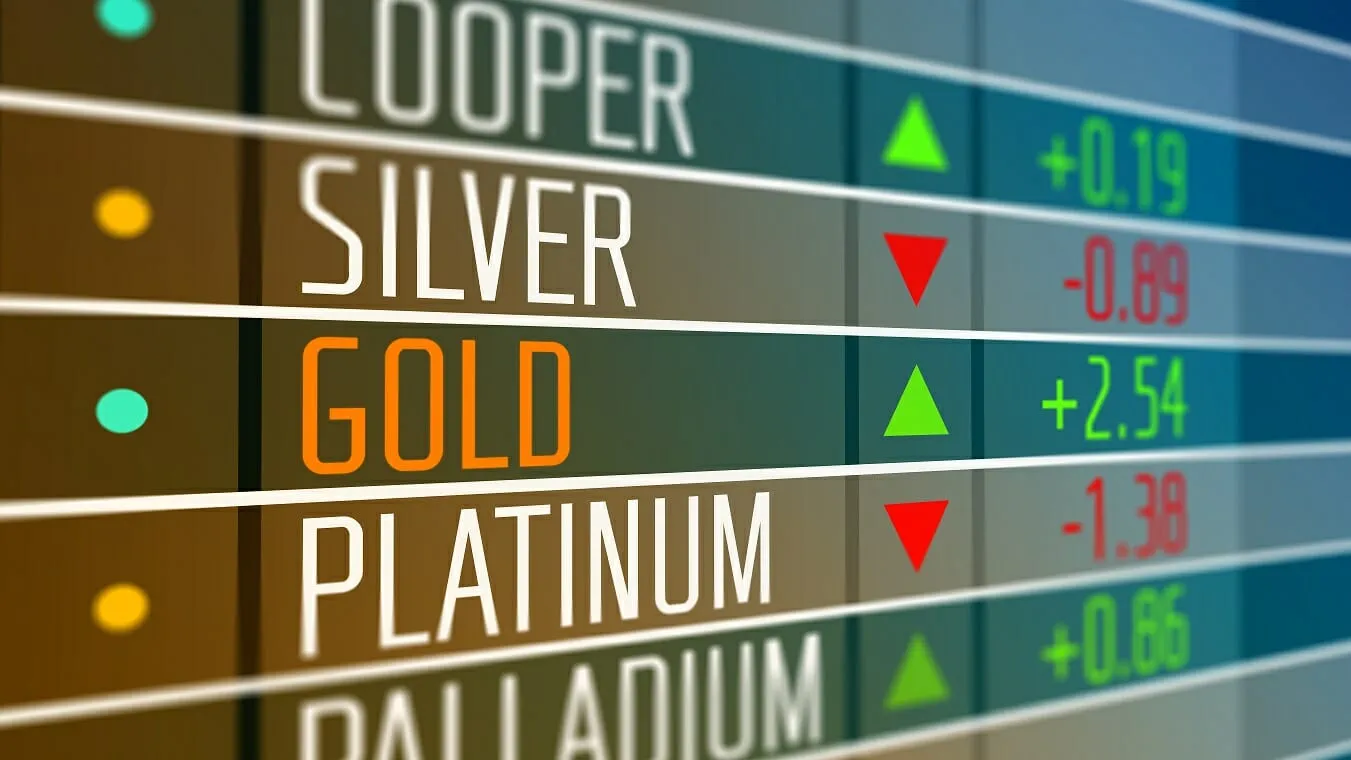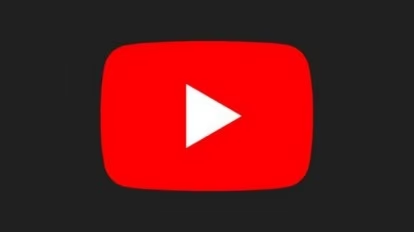Understand what commodities are, the types available (such as energy, metals, agricultural products), and how commodity markets work.
h o l d i n g
Commodities Aren’t Complicated With The Right Team
Commodities trading involves buying and selling raw materials like oil, gold, and agricultural products, providing opportunities for investors to profit from price fluctuations in these essential goods.
What You Must Know
Before You Start Trading:
Trade Over 40 Commodities Pairs
You don’t think about where an ear of corn or a bag of wheat flour was farmed or
milled when you buy them. As a result, they’re both regarded commodities.
They are interchangeable raw materials that can be bought and sold in large
quantities. They are frequently used as components in the production of finished
goods.
Commodities are divided into two categories by investors: hard and soft. Finding
hard commodities necessitates mining or drilling. Soft commodities are
cultivated or grazed. Agricultural products, livestock and meat, energy
products, and metals are the four basic forms of commodities.
Commodity trading is essentially the purchasing and selling of these raw
materials. It usually occurs through futures contracts, in which you commit to
purchase or sell a commodity at a specific price and on a specific date.

Follow the CFD'S Markets in real time
See how the data changes second-by-second.
Something you should know when trading Commodities:
- You have inflation protection
- Investments can be diversified due to the number of commodities
- They are part of a transparent market
- Can be great for leveraging
- Can be hedged against geopolitical events
- Low minimal trading margin compared to stocks
- Their prices rise even when companies do not
More things that you Should Now:
- Trade on exlusively reputable exchanges
- Know the currencies you are trading
- Be on the lookout for momentum
- Choose a broker with a good reputation
- Choose your entry and exit points
Reason For Choose Theta Holding
Trust & Expert
Backed by a team of seasoned professionals with years of experience in the financial
industry,
Theta Holding offers unparalleled
expertise and guidance to help you make
informed trading decisions. Our team of experts continuously analyzes market trends,
conducts in-depth research, and provides valuable insights to keep you ahead of the
curve.
User Friendly Interface
We understand that navigating the world of trading can be daunting, which is why we've
designed our platform with simplicity and ease of use in mind. With an intuitive
interface and straightforward navigation,
Theta
Holding makes it effortless for traders of
all levels to execute trades, monitor portfolios, and access essential market data.
24/7 Support
Theta Holding, we prioritize customer satisfaction above all else. Our dedicated support team is available around the clock to assist you with any questions, concerns, or technical issues you may encounter. Whether you prefer phone, email, or live chat support, we're here to ensure that your trading experience is smooth and hassle-free.
Provides a Series
of Commodities Education & Trading Videos
Watch our commodities trading videos to get the most from the markets & become a profitable commodities trader.
Play VideoFind Answers to Common
Questions
-
01
How can I start trading Commodities?
-
02
How much money do I need to start?
Trading futures typically requires a substantial amount of capital. Initial margin requirements can range from a few hundred to several thousand dollars per contract, depending on the commodity and market volatility. You may need at least $5,000 to $10,000 to start trading futures comfortably.
-
03
What is margin?
In trading, "margin" refers to the amount of money a trader needs to deposit with their broker to open and maintain a leveraged position. Essentially, it's a good faith deposit to cover potential losses. Margin trading allows traders to control larger positions than their actual capital would otherwise permit, which can amplify both gains and losses.
-
04
Can I lose more than I invest in Commodities?
If the market moves against your position, you might be required to deposit additional funds to maintain your position. Failing to do so could result in your position being liquidated at a loss, potentially exceeding your initial investment.






